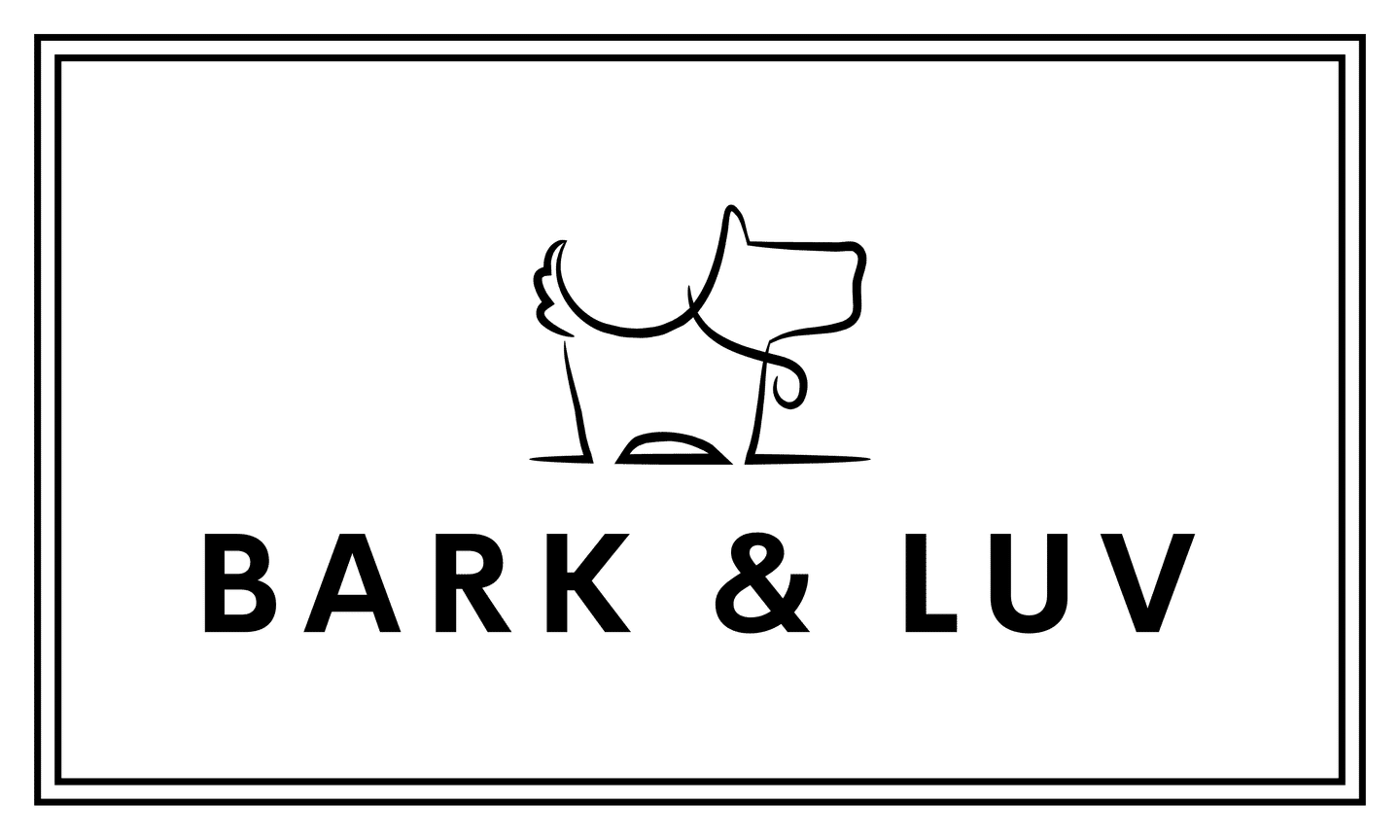The Risks of Dental Disease
Dental disease in pets can cause a lot more than just bad breath. When left untreated, it can lead to painful conditions such as gum inflammation, tooth loss, and even more severe health problems, including heart, lung, and kidney damage. The bacteria from oral infections can travel through the bloodstream and affect vital organs.
Because dental disease often develops gradually, you might not notice the signs right away. That’s why regular vet check-ups are so important—they help catch issues early before they become a bigger problem.
How to Spot Dental Issues in Your Pet
Paying attention to the following signs can help you catch dental disease early:
- Yellow or brown tartar build-up along the gum line
- Red or swollen gums
- Persistent bad breath (halitosis)
- A sudden change in eating habits, such as difficulty chewing or reluctance to eat hard food
- Frequent pawing at the mouth or face
If you notice any of these signs, it’s time to schedule an appointment with your pet’s veterinarian for a thorough dental check-up.
Tips for Keeping Your Pet’s Teeth Healthy
- Brush Your Pet’s Teeth Regularly
Starting at an early age, get your pet accustomed to having their teeth brushed. While puppies and kittens typically get their adult teeth between 6-9 months, you can start brushing or gently rubbing their gums with a soft cloth even earlier. Make sure to use toothpaste specifically designed for pets, as human toothpaste can be harmful. - Check Your Pet’s Mouth Frequently
Become familiar with your pet’s mouth and teeth so you can spot any changes or issues early on. Regularly check for any redness, swelling, or abnormal tartar build-up. - Add Pet-Safe Fruits and Veggies to Their Diet
Certain fruits and vegetables can help clean your pet’s teeth naturally. For dogs, try offering treats like carrots, cucumber, or apple slices. Cats can benefit from veggies like cooked carrots or green beans. These foods help stimulate gums and freshen breath while offering added nutrients. - Use Pet Dental Products
Incorporate pet-safe dental chews, toys, or dental wipes into your pet’s routine. These products can help reduce plaque and tartar buildup, keeping your pet’s teeth cleaner between brushing. - Try Coconut Oil for Fresh Breath
Coconut oil has natural antibacterial and antifungal properties that can help fight bad breath and promote healthier gums. Add a spoonful to your dog’s food, and it can even support overall skin and coat health. - Visit the Vet for Regular Dental Check-Ups
Just like humans, pets need professional dental care. Annual vet visits ensure that any dental problems are caught early, and your vet can perform a professional cleaning if necessary.
It’s Never Too Late to Start!
If you've been neglecting your pet’s dental health, don’t worry—it’s never too late to start a good routine. National Pet Dental Health Month is the perfect time to begin taking steps toward better oral health for your pet. With a little attention and care, you can help prevent serious dental issues and ensure your pet’s mouth stays fresh, healthy, and pain-free.
At Bark & Luv, we believe that caring for your pet's teeth is just as important as any other aspect of their health. By taking proactive steps now, you can set your pet up for a lifetime of healthy smiles. Need help getting started? Shop our selection of pet-safe dental care products today!

